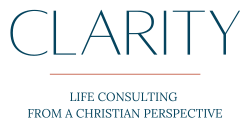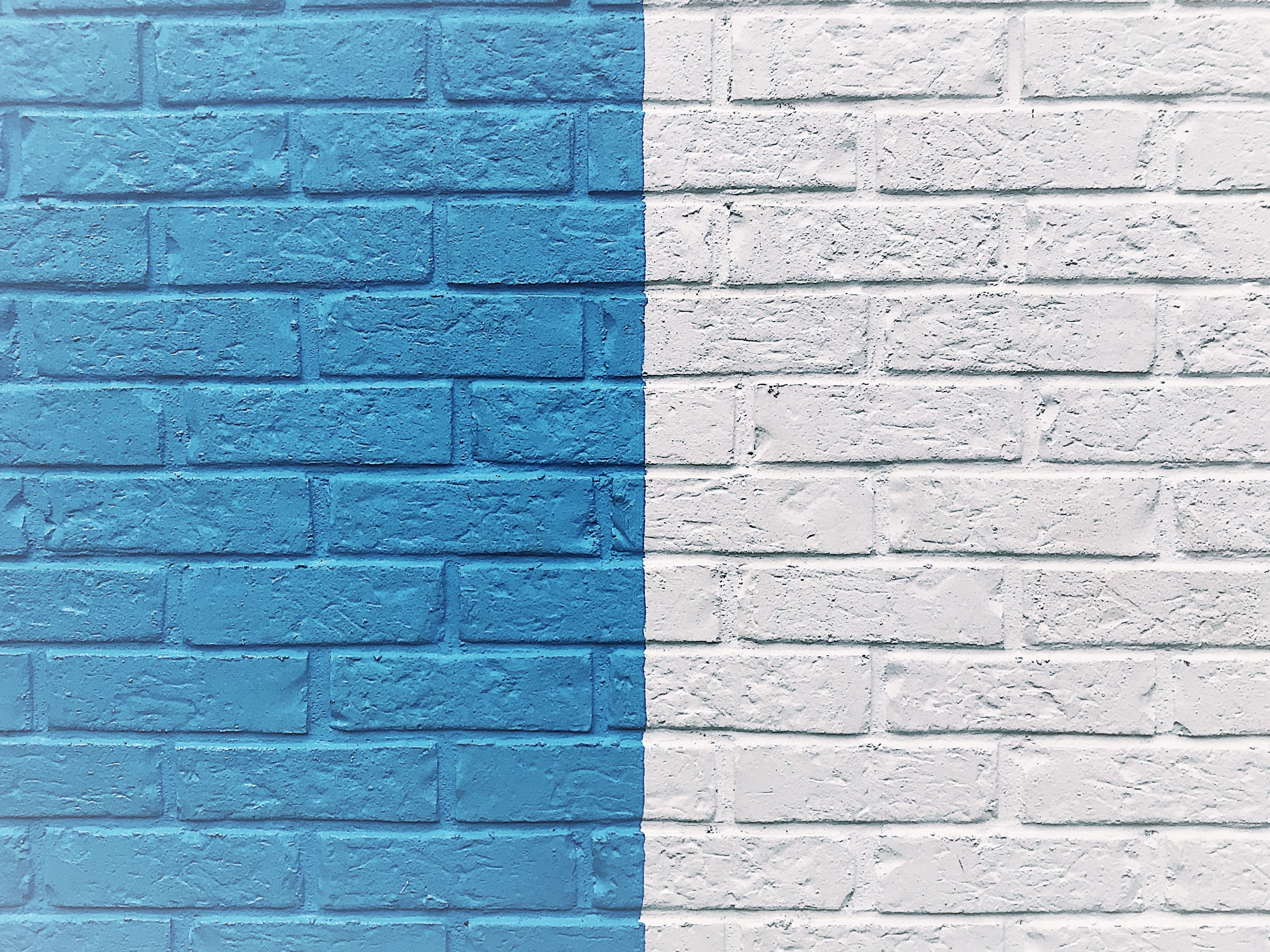My father is a perfectionist wall-painter. The walls of our home are “like glass.” I guarantee you that you have never, ever, experienced walls as perfectly painted as these.
At one summer barbecue, my cousins were telling us about their d-i-y home upgrades. They had painted some window trim and were really happy with what a fast project it was. “But surely you didn’t just paint it right on?” my father asked, incredulously. “You made sure to sand and prime first, right?”
“Of course you’re supposed to,” my cousin replied, “but we just wanted it done.”
Until that point in my life (I was at least 20), I didn’t actually realize that it was possible to just paint something.
Every wall in our home which ever required any painting or re-painting had to be first sanded, then wiped with a not-too-wet-but-perfectly-damp cloth, then vacuumed, then sanded, wiped, and vacuumed again. Before the first layer of primer even went on. If you didn’t do all the priming correctly, the painting was ruined. 90% of painting was not actually painting.
You can imagine how much I love DIY.
Although I’ve failed to embrace the perfectionist practice when it comes to my home’s walls, as an adult I’ve had reason to think of all that priming when it comes to my life. Very often, 90% of the thing itself isn’t actually the thing. It’s the lead up, or the process.
Perhaps much of what I think, or at least many of my quick judgments about things, are the fruit of years of priming the walls of my mind and my heart.
Nothing forces you to re-think your cultural presuppositions and prejudices like moving to a new country. Life in Italy, for example, taught me that I am biased in favor of organized queuing. (On the other hand, it also made me question a cultural addiction to productivity, and for that, I’m grateful.)
But how many other biases do I carry around with me, not knowing that another option is even possible?
In his book Blink, Malcom Gladwell writes, “just because something is outside of awareness doesn’t mean it’s outside of control.”
He tells the story of a student who was disturbed by his results on a Race IAT test – a test that flashes various faces onto a screen and rates the participant’s split-second reactions to people of various races. The student was upset at his own unconscious racial prejudice and kept re-taking the test to try to change his results. “Then this one day, he got a positive association with blacks. And he said, ‘That’s odd. I’ve never gotten that before,’ because we’ve all tried to change our IAT score and we couldn’t. But he’s a track-and-field guy, and what he realized is that he’d spent the morning watching the Olympics.”
Gladwell explains the change. “Our first impressions are generated by our experiences and environment, which means that we can change our first impressions…by changing the experiences that comprise those impressions.” We can prime our minds to receive input and process it in a certain way. The processing will be unconscious, but the priming can be the result of conscious choice.
The power of mental priming, preparing our minds in just the right way, to make good and true judgments about things and have good and true reactions to people, is strong.
We spend years priming the minds of our children and our own minds as well. We try to sand off the rough edges of our personality, wipe out our vices, vacuum off the negative inclinations. But what do we do positively? If something as simple as watching the Olympics can make such a big impact on our unconscious bias towards others, it seems we would do well to consider carefully the words, images, and stories we put into our homes.
Are we surrounded by beauty? Do we share stories of goodness? Are we choosing to fill our minds (and our children’s minds) with truth?
What pictures burn deep into our memories because our eyes fall on them every day? What words or phrases appear on our walls, recalled to our minds in unexpected moments? What do we drift asleep listening to, allowing it to penetrate our imagination?
If we want our judgments and even our biases to be good ones, ones in favor of truth and beauty, then we would do well to consider our unconscious priming – one wall of our heart after another.
Have you ever considered how you might be priming your own mind and heart?






